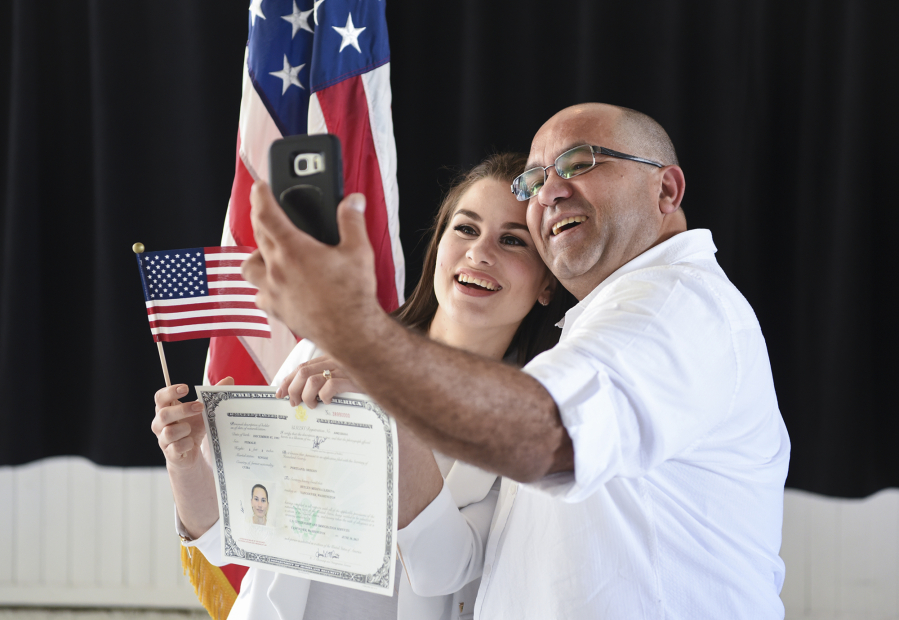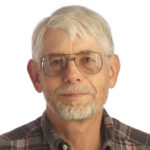The Fourth of July will have special meaning for some people who gathered Friday at Pearson Air Museum: It will be the first time they can celebrate the holiday as American citizens.
“Now that will be so much more meaningful,” said Heylen Medina, a Vancouver resident who was born in Cuba.
“I’m a citizen now, and I know a lot more about Independence Day — what happened and why,” said Dean Porter, a Canadian-born Vancouver resident.
“Great timing: It puts a different spin” on the holiday, said Petra Maria Sullivan of Vancouver, a German native.




